Building a Community from the Ground Up
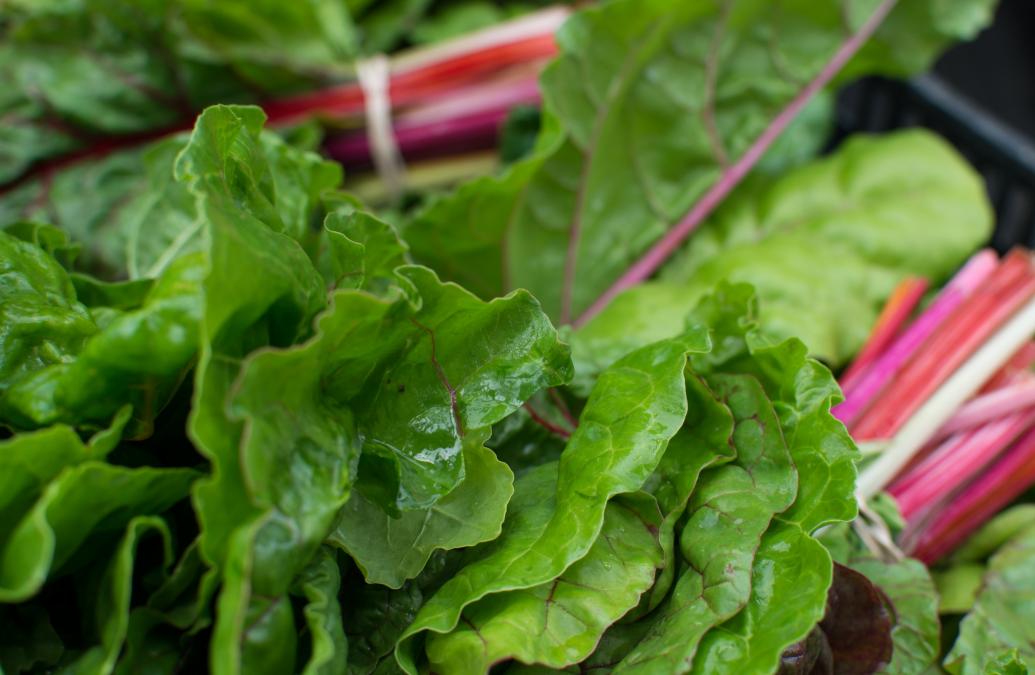
Brown/RISD Hillel is bustling with activity. Farmers from across Rhode Island and South Eastern Massachusetts carry crates of pearly white onions with their stems intact and rainbows of swiss chard spilling from their boxes.
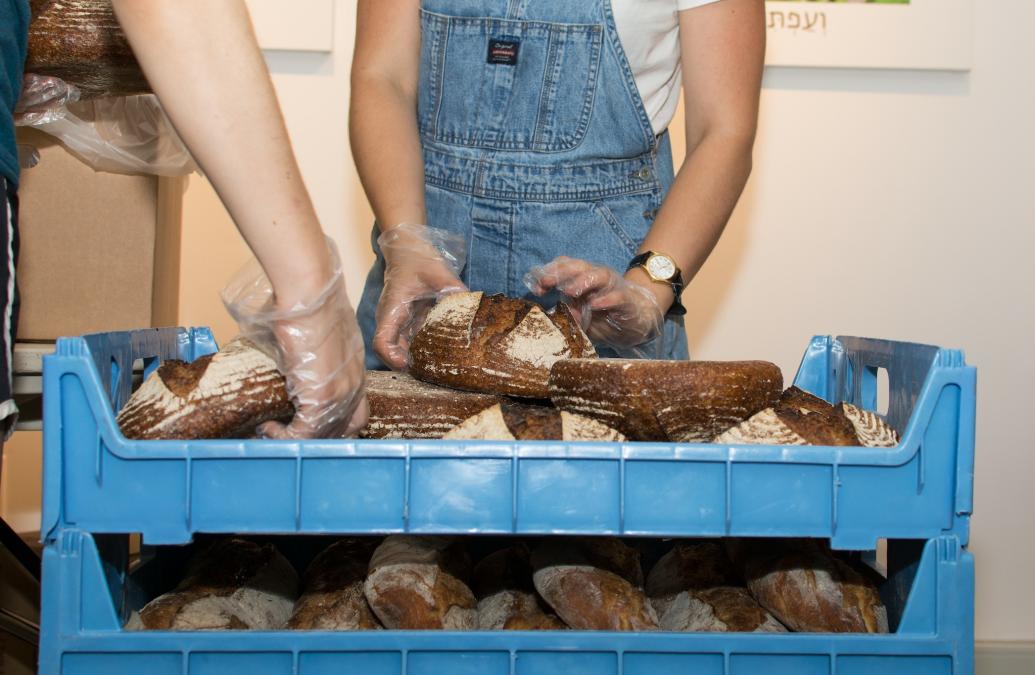
Every time you blink, a new item: bread from Seven Stars Bakery, milk from Rhody Fresh, and cheese from Narraganset Creamery appear before you on the tables that line both sides of the front hallway.
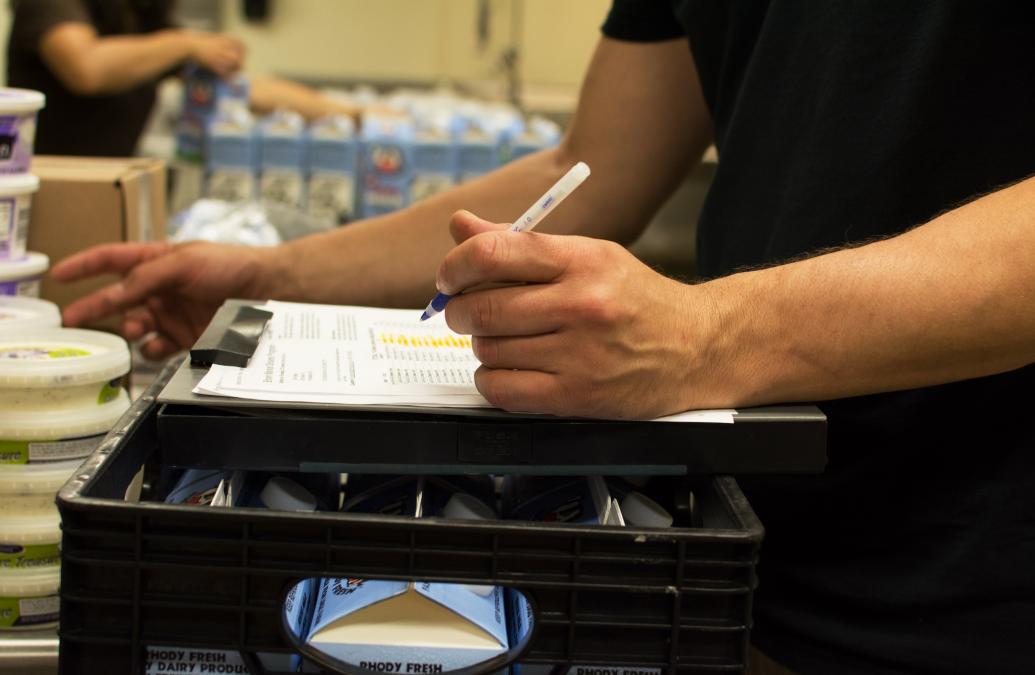
Orders are counted, and clipboards are signed. Empty trucks head up Angell Street towards Whole Foods or Newport for their next delivery. The smell of dirt tells you that your Yokatta Na greens are from Little Compton, Rhode Island and not from California.
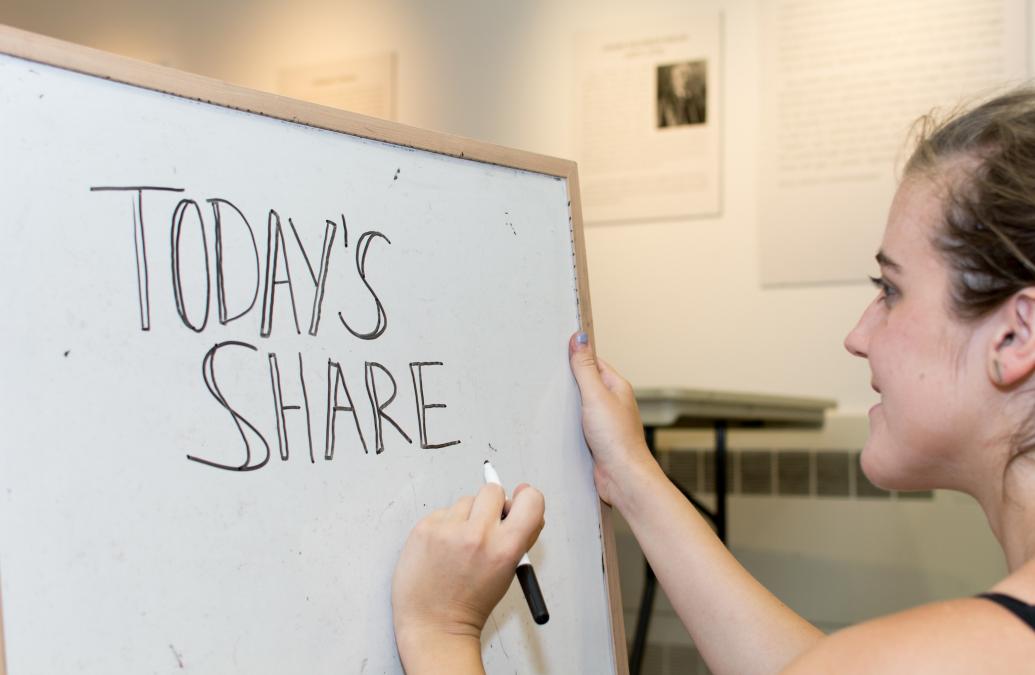
This week’s share is ready.
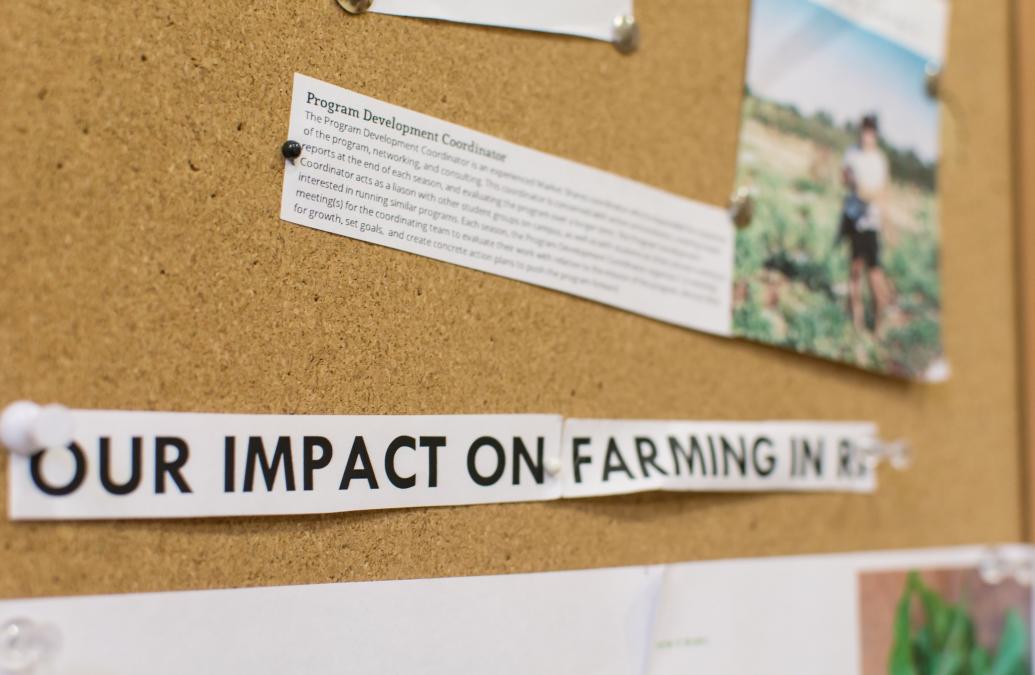
“I care about regionalizing our food system," says Taylor Lanzet '15, a concentrator in Environmental Studies and the Program Development Coordinator at Brown Market Shares. "When I started to learn more about where our food comes from and about our food system at large, I started to realize all of the problems. The national food system marginalizes and exploits farmers, workers and eating itself. I think CSAs (Community Supported Agriculture) and other regional food systems can be alternative models.”
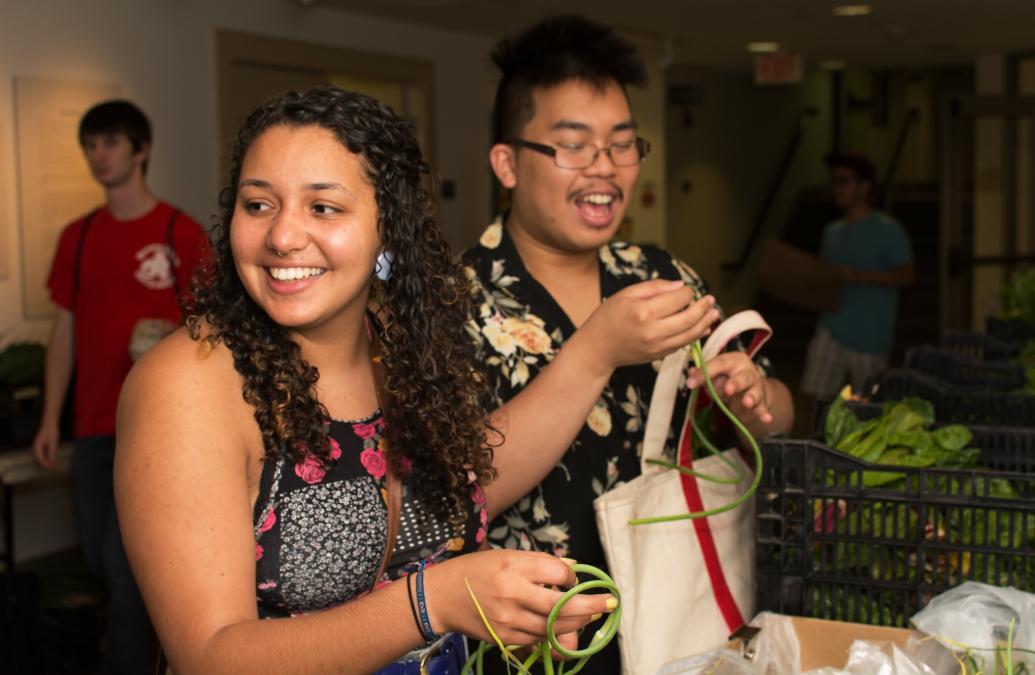
Brown Market Shares brings food from local farmers to the Brown community. It functions somewhat like a prepaid farmers market, where members sign up at the beginning of each season. Every Thursday, Hillel serves as a pick up location for shares, which change every week and differ by the season.<br><br> In 2006 Brown Market Shares began as only a fall semester program, but it has changed over the past 4 years. From the fall of 2011 to the fall of 2013, Market Shares filled 22,050 bags of groceries year-round and invested $486,700 directly into the local food economy. Over a third of the shares each season are offered at a discounted price as part of their subsidized program.
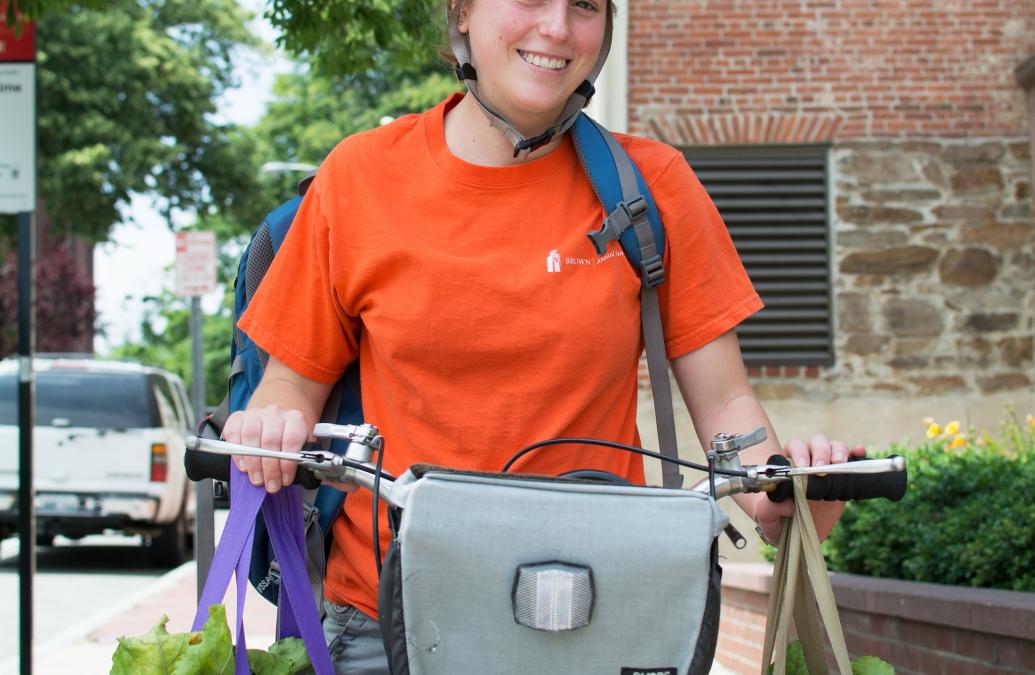
At Brown Market Shares students are more than just consumers. This summer there are 23 volunteers, such as Corey Holman ’16. That numbers jumps to between 30 and 50 students during the school year. “I started volunteering my freshman year, but this is actually my first time buying a market share, says Corey. “I’m hoping I don’t crash and break my eggs.”
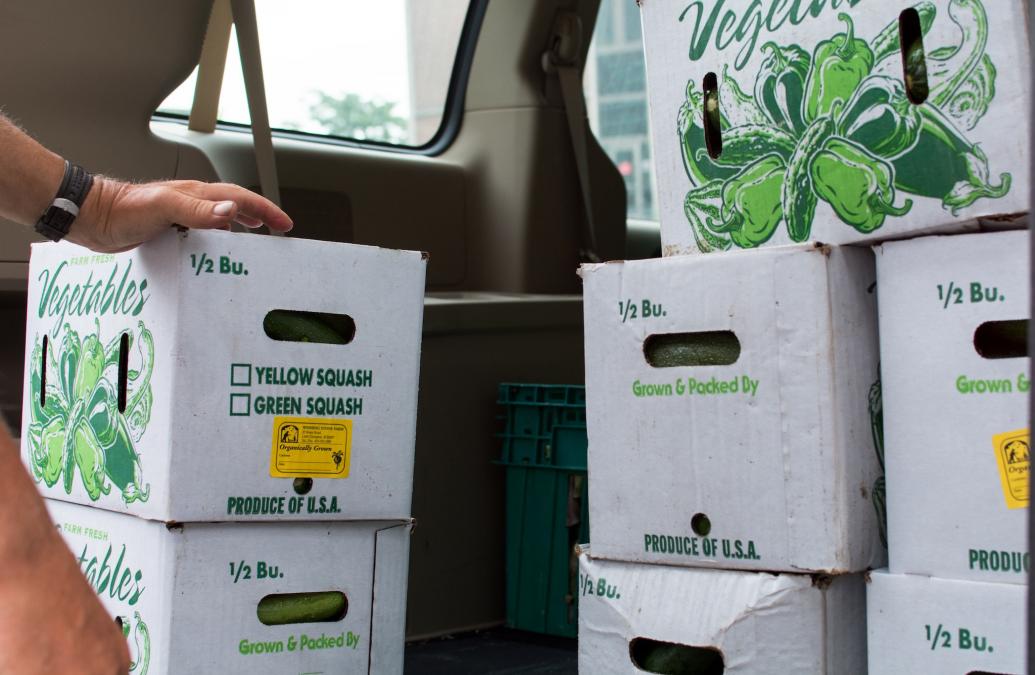
The tiered financial model is designed so that three additional undergraduate shareholders make one low-cost membership or two medium-cost memberships accessible for the rest of the Brown community. Market Shares also accepts donations each season to increase the number of subsidized shares they can offer.
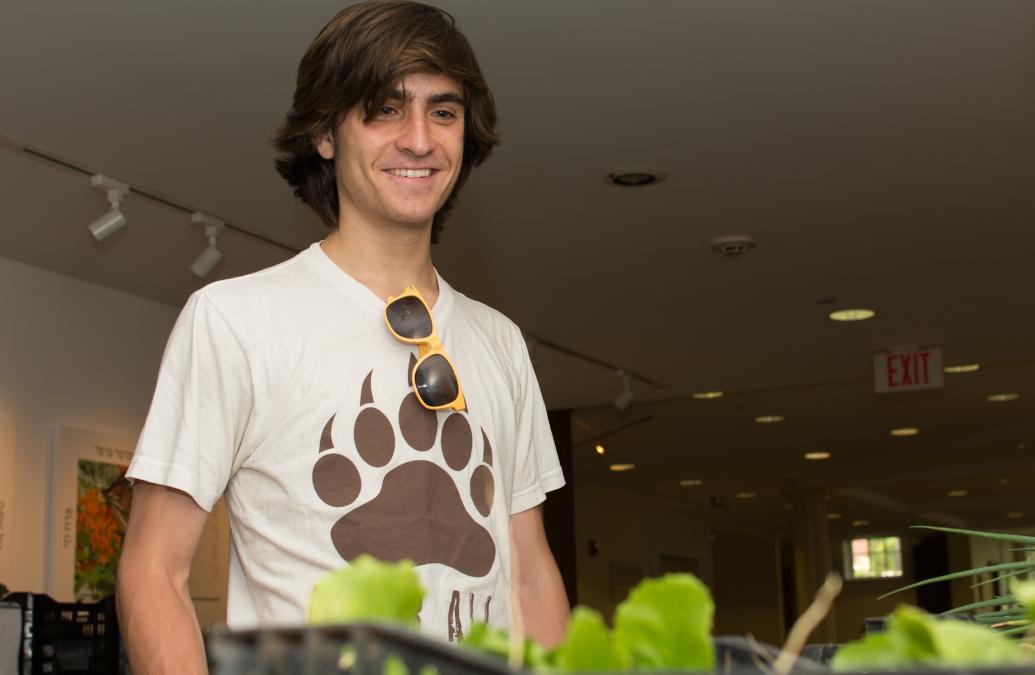
All shareholders benefit in ways that they did not expect: like discovering new vegetables and recipes. Take Lev Litichevskiy '15: "There was one week where I couldn’t tell what three things were in my market share, and I got the kohlrabi and the turnips mixed up. I boiled the turnips and they got really soggy. But it didn’t turn out too bad." Or, George Olesky, a MFA in acting and longtime shareholder: “I am eating so much healthier because of this. It has made a huge difference in my life."
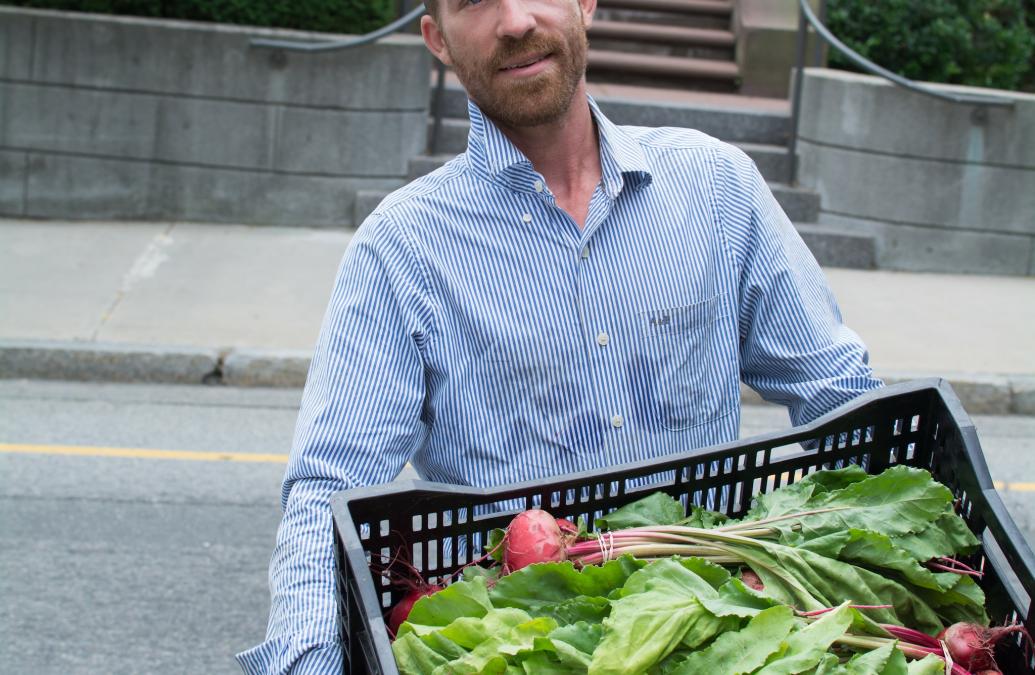
Farmers see a significant return as well. According to Chuck Currie from Freedom Food Farm, "We really struggled on a lot of our retail aspects our first year. We were having trouble getting into markets and getting CSA shares. Brown Market Shares pretty much saved us."
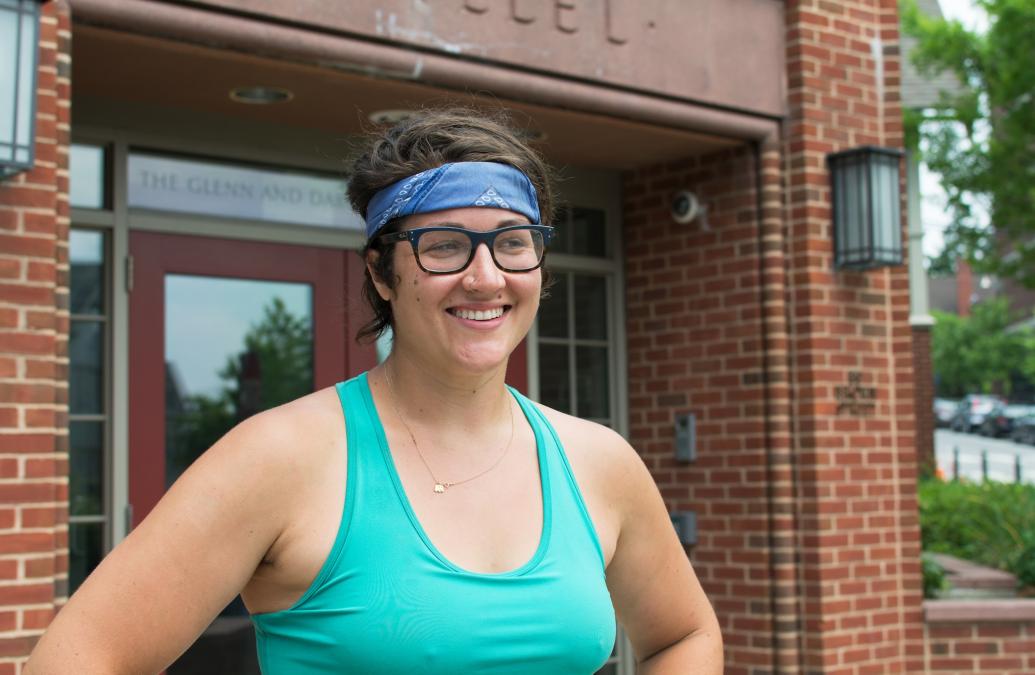
Ale Berreta from Pat’s Pastured sees the larger impact of the program: “I am a big believer in local food movements and the way that food can bring people together. I appreciate the idea that Brown would connect to its community. I think there would be a benefit to bringing some of the share students to the farms. That’s not a criticism. That’s an opportunity for expansion."
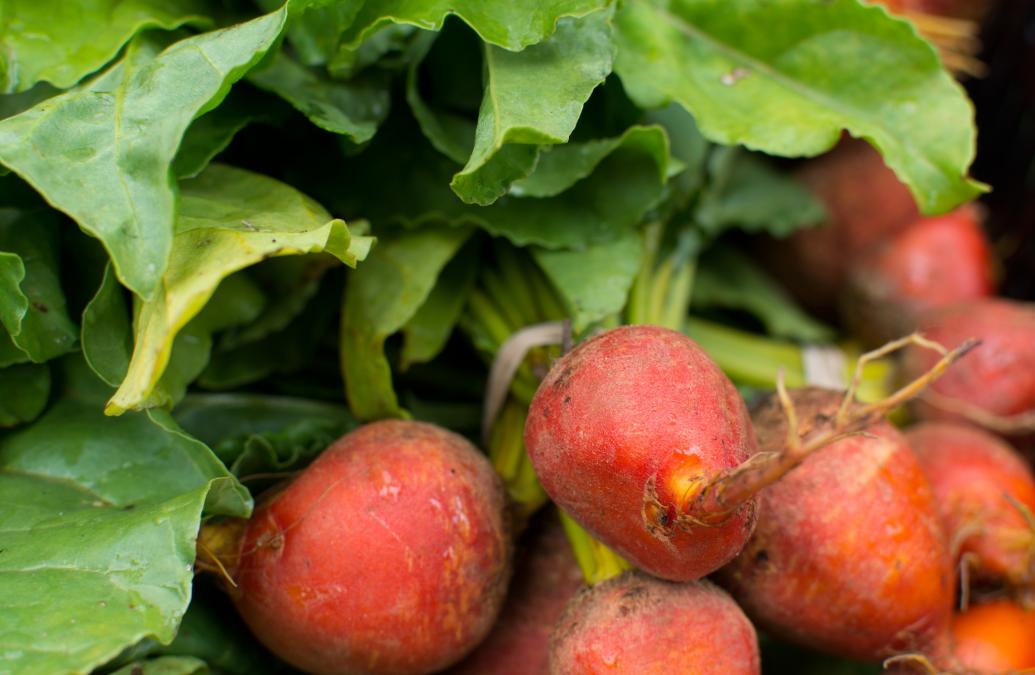
In fact, Market Shares recently revived its farm tours and work days. Shareholders and coordinators visited Freedom Food Farm on July 19, which was the first tour in roughly two years. The program is now looking to expand into the Jewelry District either through a second pick-up location or a delivery of packed-shares to faculty and staff off College Hill. Wherever it goes next, Brown Market Shares will be sure to grow a community from the ground up.
Every week, Brown Market Shares is growing a local food movement by bringing a variety of vegetables, meat, dairy, and bread from farmers and businesses across Rhode Island and Eastern Massachusetts to College Hill.
